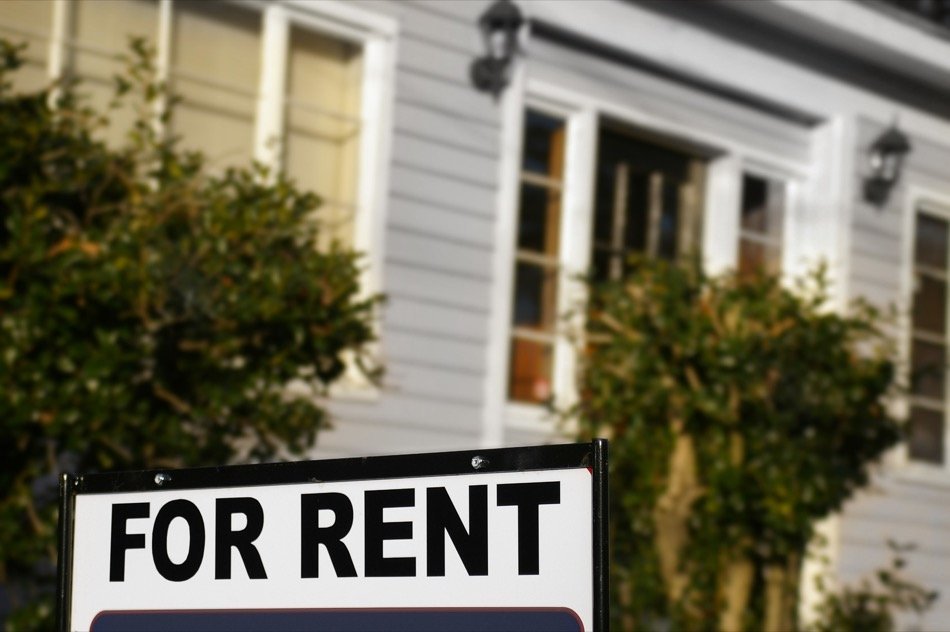Five Landlord Tips for Renting to Tenants
Posted by Gary Ashton on Tuesday, February 19th, 2019 at 9:19am.
 There are many more responsibilities involved in renting out a home or even a room than collecting tenant's rent. Being a landlord can be a tough and challenging job if certain procedures aren't followed prior to and throughout the tenancy. Here are five tips for landlords to streamline the rental process and prevent discourse with tenants in the future.
There are many more responsibilities involved in renting out a home or even a room than collecting tenant's rent. Being a landlord can be a tough and challenging job if certain procedures aren't followed prior to and throughout the tenancy. Here are five tips for landlords to streamline the rental process and prevent discourse with tenants in the future.
For informational purposes only. Always consult with an attorney and a licensed real estate professional before proceeding with any real estate transaction.
1. Prepare the Home for Renters
Depending on the market and the price point for the residence, landlords typically cannot get away with renting out a home in disrepair. Renters tend to get picky during down markets when availability is plentiful and pricing is lower than average. However, making any necessary cosmetic repairs, performing a thorough cleaning and ensuring that all appliance properly function is the best defense and also can command a greater rental price.
Make the home as desirable as possible through home staging without going overboard financially, and market the rental making note of any modern upgrades or improvements while pricing the unit comparably to similar properties. Even if the plan is to just rent a room or space within a current residence, it's important to secure access to areas of the home tenants won't have access to.
2. Carefully Screen Potential Tenants
Tenants need not have a picture perfect past in order to be good renters. However, landlords should get a clear picture of what they are getting themselves into by performing a thorough background screening on serious and financially qualified candidates. Key things to investigate might include items such as:
- Former Landlord References
- Current and Past Employers
- Income and Debt Obligations
- Current Credit Score
- Personal References
- Types of Pets if Any
Failure to properly vet tenants can leave owners with an array of potential problems such as property damage and loss of rent. However, all screening of potential renters must comply with all local, state and national fair housing laws.
3. Protect Landlord and Tenant Rights With a Solid Lease
Potential renters should fill out a rental application first, and those who meet your qualifications and agree to move in should sign a very detailed rental lease agreement defining terms, obligations and rights for both parties. Just a few key components of a strong lease are:
- Specific lease terms: annual, bi-annual, month-to-month, etc.
- Security deposit amounts
- Rent due dates and set late penalties
- Eviction terms for non-payment or property damage
- Establishing who is responsible for repairs, routine maintenance, lawn care, etc.
- Defining rules of behavior, quiet times and smoking policies
- Pet policies and deposits required/refund terms
A good lease will also need to comply with current fair housing laws, rental, insurance and tenant laws within the dwelling's region.
4. Protect the Property with Ample Insurance
Rental home insurance policies are different from Goodlettsville new homeowners policies where the owner is the primary resident. Also known as fire insurance, rental home insurance covers the dwelling's structure, medical expenses, legal costs, court transcripts and any loss of rental income in situations where repairs are so severe tenant's must vacate. Landlords nor their insurance policy will cover tenant's possessions, so it's wise to encourage or require them to have renter's insurance.
5. Hire a Property Management Company
Property management companies can handle as many or as few duties and responsibilities as landlords desire, including finding and screening potential tenants. Primary duties they typically perform is ensuring that exterior and interior maintenance is handles and also collecting and recording rental fees and deposits. Property management company fees typically range between 8-10 percent of rental charges, but the level of supervision they provide and their knowledge of landlord-tenant laws can make it a worthwhile investment.
A local real estate profession is often a good connection to have concerning finding reputable management companies and for learning more about landlord tips for renting to tenants.
For informational purposes only. Always consult with a licensed real estate professional before proceeding with any real estate transaction.

Gary Ashton
The Ashton Real Estate Group of RE/MAX Advantage
The #1 RE/MAX team in the World!
